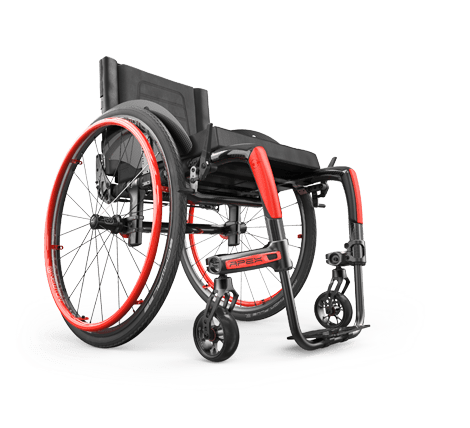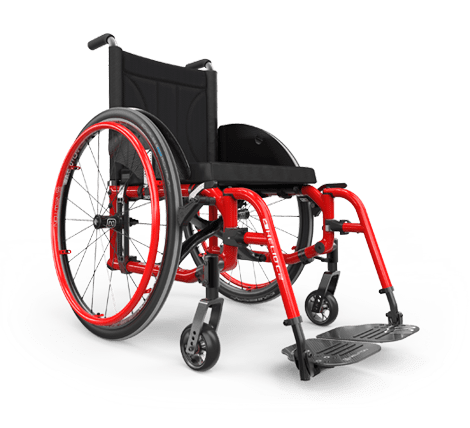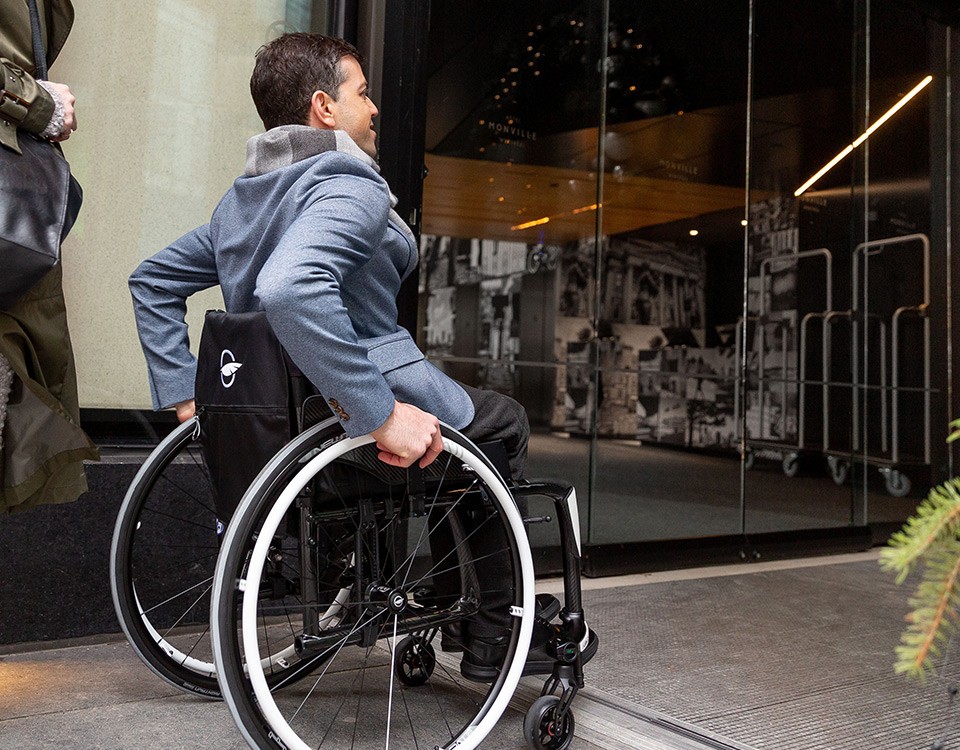Why COVID-19 presents new opportunities for persons with disabilities
It’s hard not to be caught up in the news-vortex surrounding COVID-19. Whether it’s the daily press briefings from world leaders or the cadence of facts and figures that illuminate the true deadliness of the disease, it can be difficult for even the most optimistic among us to feel inspired.
Even scarier is the fact that we simply do not know what the immediate future will bring to our lives. Many people have lost their jobs. Parents are struggling with childcare. And countless small businesses will continue to pay a tough price even as social-distancing restrictions are lifted.
For me, COVID-19 has also illustrated the disparities that continue to exist among the most vulnerable in our society.
People with disabilities (PWD’s) have paid a staggering price amid this global pandemic. In Canada, it has also exposed numerous fallacies within our long-term care system in addition to wealth inequalities. And while there is progress, it is evident there are many more steps that need to be taken to continue drive inclusion for PWD’s.
But for all of these challenges, I do see a few positives. I like to call them “pivot points” as we come out of the pandemic. During these profound times we find ourselves living in, we might see more possibilities to drive inclusion for persons with disabilities. Here’s a few opportunities that I hope stick around long after the pandemic is over:
1. Shopping
Ask anyone who uses a mobility device AND does their own retail or grocery shopping - they will tell you that it can truly be an exercise in patience. The process of finding a fully-accessible storefront, navigating transit or parking, not to mention lifting items into a cart (all the while using a wheelchair at the same time) always made it a difficult routine for me.
When COVID-19 was declared a pandemic, many businesses - both large and small - had to pivot their shopping experiences to a delivery and pick-up models in order to remain open. And while major Canadian grocery and retail chains have done this fairly well over the past few years (including some who foresaw us moving to a delivery option well into the future), it was not quite yet omnipresent in our society. In my view, COVID-19 has pushed forth this model ahead by a few years. Many of us, especially those without a disability, are now relying on much-easier ways to purchase goods in an easier, safer environment on a regular basis.
Certainly, e-commerce platforms like Shopify have played a major part in helping to pivot small-to-medium sized businesses to an e-commerce environment over the years. But COVID-19 forced businesses to pivot immediately. I personally welcome these changes as a wheelchair-user. I hope as restrictions are lifted that we do not stop these new and innovative shopping solutions.
2. Flexible Work and Remote Technologies
For many of us who are now working from home, we’ve had to rely on video conferencing tools, such as Microsoft Teams, Webex and Zoom to meet with our clients and colleagues. And though there have been several major hiccups along the way, many of us are becoming more familiar conversing with each other in a remote environment.
The ability for more of us to work from home will literally help to save lives – especially those with disabilities. Going forward, relying on these software tools can perhaps bridge the gap to those in our population who simply do not have the ability to leave home to attend in-person meetings.
Persons with disabilities have been relying on these types of tools for years. In many cases, we are even more familiar in using them. With unemployment numbers much higher among those with disabilities in Canada, my hope is that work-from-home technologies will continue to emerge and bring more PWD's into the workforce. There should never be a choice between gainful employment and your health.
3. Impact of Personal Support Workers
For those of us who rely on personal support workers (PSW’s) in our daily lives, we are now reconciling with the fact that this group has too often been undervalued and overworked. With long term health care facilities currently facing a national crisis, I truly hope that this pandemic will inspire our government to take action to better support these workers. COVID-19 has exposed far too many stories of PSW’s who have died because of their commitment in helping to support our disabled and elderly population. As populations continues to age, we need to better support these diverse – and often heroic - group of workers.
In Conclusion
A few years ago I had the opportunity to deliver a TED-talk on disability. The crux of my presentation was that we as a society needed better focus on enabling independence for persons with disabilities. I had recently retired from competing in the international wheelchair tenni circuit (ITF) and for the most part, had accomplished most of my goals on the court. I was fiercely independent and wanted to promote inclusion and independence to those in my community.
But now I realize that I neglected to reinforce the most important part of all. We simply need more compassion and empathy.
We need it from business, community and political leaders if we are going to get through the next few years together. And clearly, we need it now more than ever. Let's push forward together, take care of one another and continue to speak up for inclusion.







